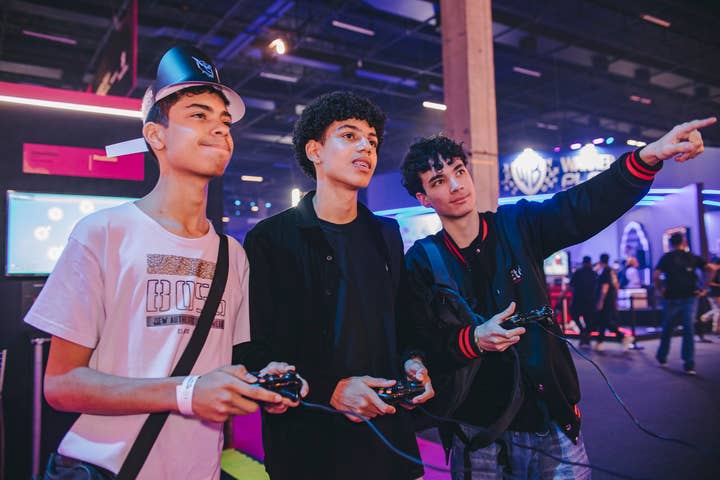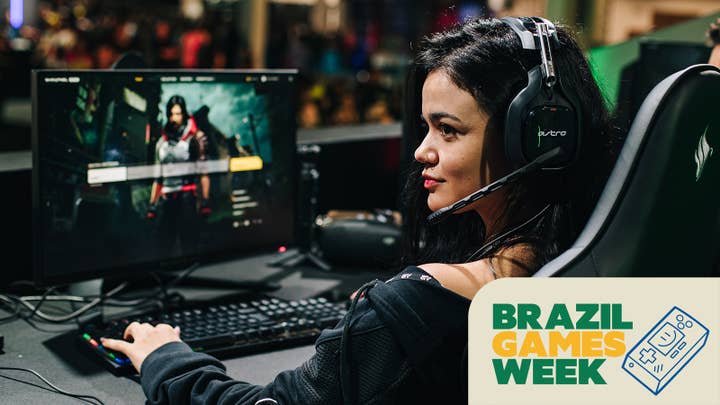Brazil: A Country of Emerging Studios with Promising Potential
The Brazilian gaming market has rapidly expanded and is a crucial area for gaining success within Latin America. Over the last decade and a half, the industry has thrived, a subject explored in detail by Marie Dealessandri of GamesIndustry.biz in the piece on Brazilian games industry in numbers. Despite the boom in recent years, Brazilian game development traces back to the 1980s.
In the 1990s, limited access to gaming consoles due to restrictions on technology imports posed challenges. "The government aimed to develop indigenous technology," shares Rodrigo Terra, head of Abragames, which led to the emergence of console clones like the Famiclones.
Sega’s collaboration with Tectoy, a local company, enabled the production and distribution of Sega consoles like the Master System in Brazil, fostering the games sector. However, game developers faced hurdles due to restricted equipment imports. The industry gained momentum with the introduction of digital formats like Steam and Unity in the early 2000s, providing developers direct channels to consumers.
The popularity of smartphones around 2010, along with government policies encouraging local manufacturing, pushed gaming beyond expensive consoles. "Smartphones became more affordable," Terra observes, prompting over 100 companies to start making games. While Brazil had only 30 gaming firms when Abragames launched in 2004, by 2018 there were 400, growing to over 1,000 today.
PC gaming remains significant, as console prices are prohibitive, sometimes exceeding $1,000 compared to $500 in the US. Terra points out that PlayStation is shifting former console exclusives to PC to capitalize on this market. "Latin America, notably Brazil, shows robust growth in game consumption," he adds.
"You see PlayStation publishing former exclusives from their consoles on PC, and one of the reasons for that is Latin America"
Rodrigo Terra, Abragames
With over 200 million people, Brazil ranks fifth globally in active players but only tenth in spending, partly due to the preference for free-to-play mobile games and fewer domestically made popular titles. Terra highlights a strong foreign influence in the gaming culture and the lack of promotional campaigns for local games, impacting their visibility. Both Terra and Eros Silva from Apex Brasil see increasing publisher investment as a solution to nurture local studios and increase market impact.

Developing games in Brazil
Although import restrictions continue to challenge Brazilian studios, the nation benefits from widespread internet access, making it an attractive location for game development. "We have excellent infrastructure and governmental support programs," says Silva. Brazil offers robust energy resources and affordable equipment, aiding programmers.
Educational advancements have also supported the sector, with more universities offering game development courses and studios like Kokku training students from disadvantaged backgrounds. Terra notes that courses available in Portuguese have notably enhanced accessibility to game development education.

The sector accompanies a concerning talent outflow as experienced professionals join international companies. Silva highlights regional events such as BIG Festival attracting investors, suggesting the focus should be on boosting Brazilian studios' competitive edge.
"Only 15% of Brazilian studios are willing to accept foreign investments or VC investments... We are trying to figure out [why]"
Eros Silva, Apex Brasil
Despite Brazil's industry suffering less from layoffs than elsewhere, a significant portion consists of micro studios. About 93% of local developers focus on their own intellectual properties, and a few have succeeded globally, like the Horizon Chase series and Knights of Pen & Paper. Larger studios, mainly offering outsourcing services, are yet to produce AAA original IPs but hope to in future.

Investing in the future
Investments are viewed as essential to enhancing Brazil's gaming industry, especially after adopting a new legal framework that positions gaming as an independent industry. This move promises increased investments needed to grow small studios into significant players capable of developing ambitious titles.
Nonetheless, Silva points out the industry's hesitation in accepting external funding, as the majority operate on self-funding or government support. At upcoming industry events, the focus will be on educating developers about venture capital to encourage safe and constructive investment practices.
"There is a struggle to show to the Brazilian population that Brazilian games are as good or even better than anything you can play from outside"
Rodrigo Terra, Abragames
The ongoing series on Brazil's gaming sector provides more insights on these topics, including how new regulations might influence the industry. Follow all the developments in our dedicated coverage.
